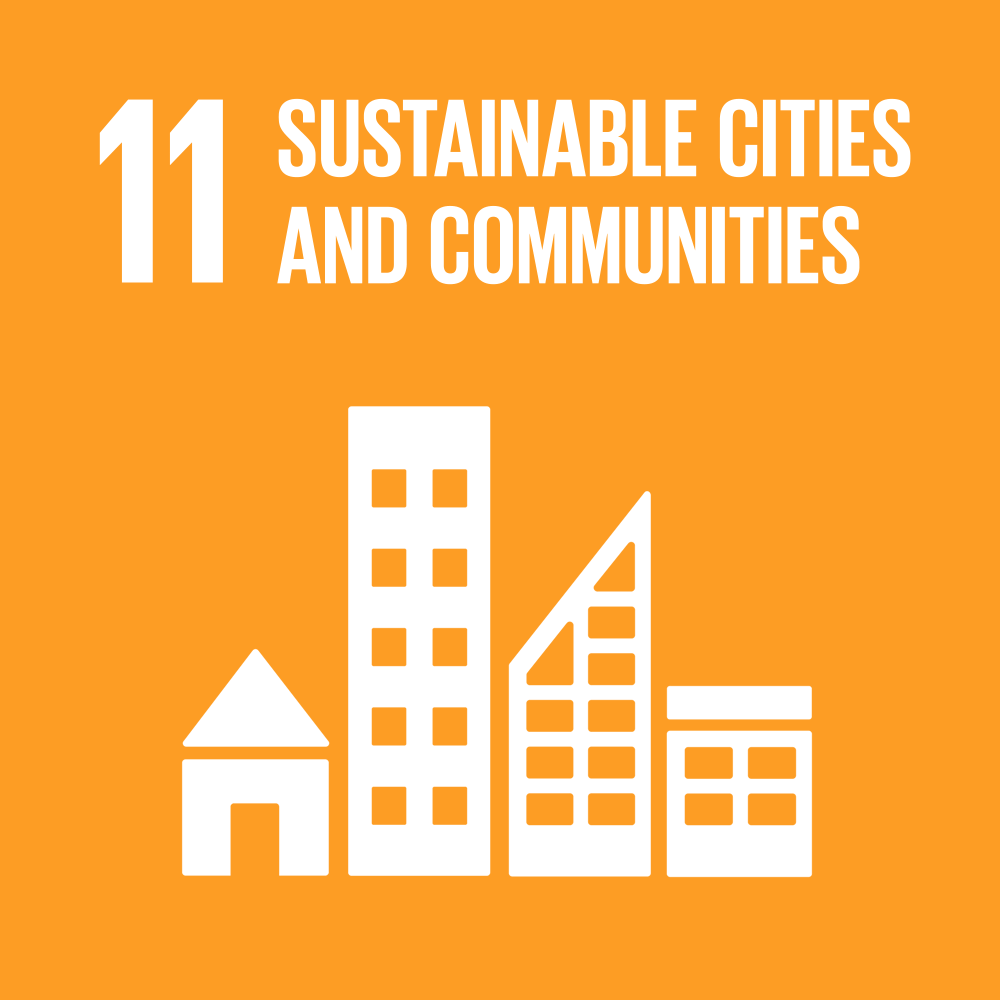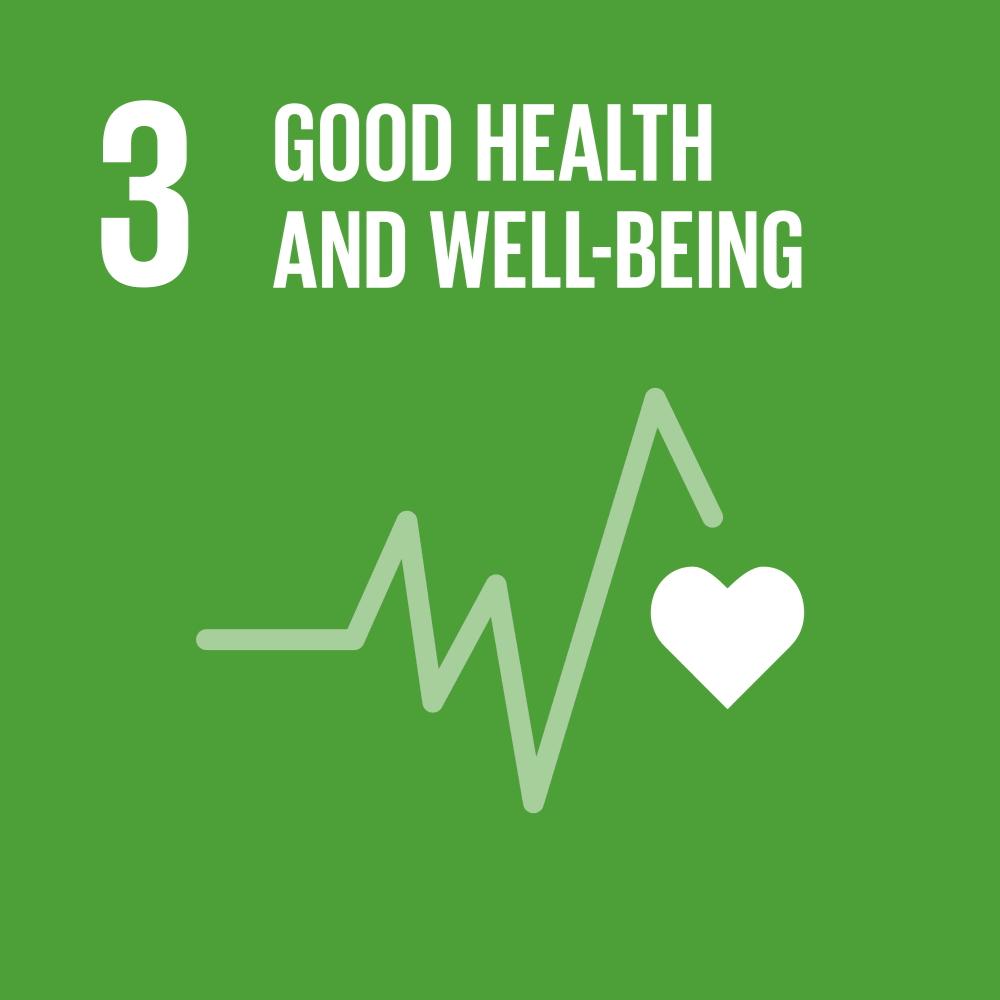Problem:
Residual urban spaces generate various problems, including economic and territorial loss, pollution, the restriction of potential green areas, and even the degradation of the city's image and aesthetics. Unfortunately, Quito City has many residual spaces, often disregarded by both citizens and authorities.
Idea:
We propose the implementation of urban horticulture as a strategic approach to repurpose residual urban spaces. This initiative aims to raise community awareness about the processes involved in cultivating food through sustainable practices while also aiming to establish ecosystems featuring green areas within the city. Moreover, the availability of fresh and locally grown produce encourages and promotes healthy eating habits within the community, contributing to improved overall well-being.
Main Beneficiaries:
Residents from Quito City residing within or in proximity to these areas will experience direct advantages from the revitalization of these spaces, potentially offering new opportunities for community engagement activities. Moreover, these repurposed areas might attract businesses and entrepreneurs, contributing to economic growth.
Stage:
Inspiration and ideation
SDG:
GOAL 11: Sustainable Cities and Communities
GOAL 3: Good Health and Well-being


University:
Universidad San Francisco de Quito USFQ
